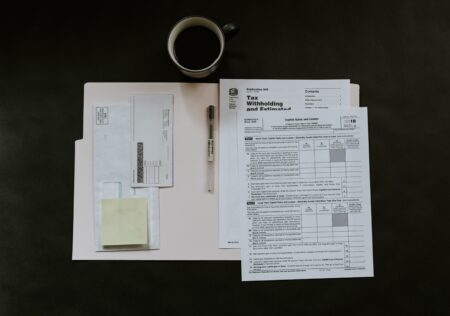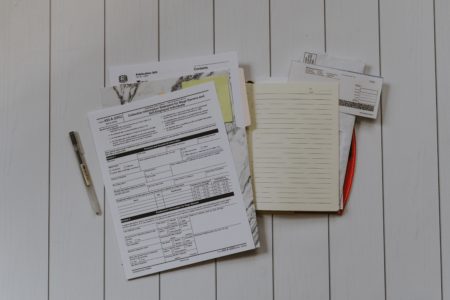Tax liability is the amount of tax that an individual or business is responsible for paying to the government. For freelancers, tax liability refers to the amount of income tax they owe to the government based on their self-employment income and other sources of income.
As a freelancer, you are responsible for paying both the employer and employee portion of Social Security and Medicare taxes, also known as self-employment taxes. Self-employment taxes are currently set at a rate of 15.3% of your net self-employment income (income minus expenses). This tax liability can be significant, especially for those who have a high level of self-employment income.
In addition to self-employment taxes, freelancers are also responsible for paying federal and state income taxes on their self-employment income. The amount of tax liability will depend on the amount of income earned, deductions taken, and other factors that affect the tax rate.
It’s important for freelancers to stay on top of their tax liability and make estimated tax payments throughout the year to avoid underpayment penalties. Estimating tax liability can be challenging for freelancers who have variable income from month to month or year to year, but keeping accurate records and working with a tax professional can help ensure that estimated tax payments are made in a timely and accurate manner.
Failure to pay taxes owed can result in penalties and interest charges, so it’s important to take tax liability seriously and to plan and budget accordingly to ensure that taxes are paid on time and in full.
See also: QBI Deduction, Expenses, Profit, Schedule SE



